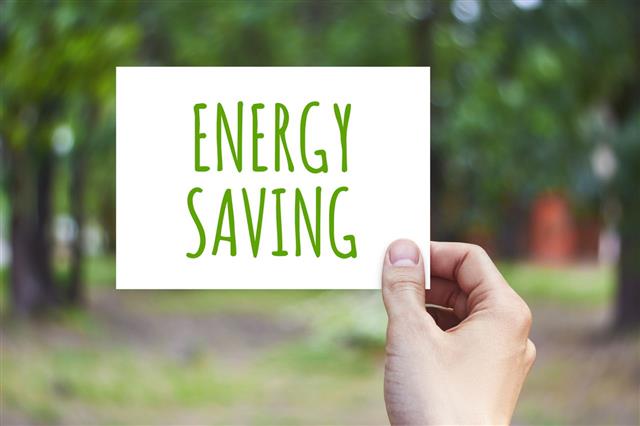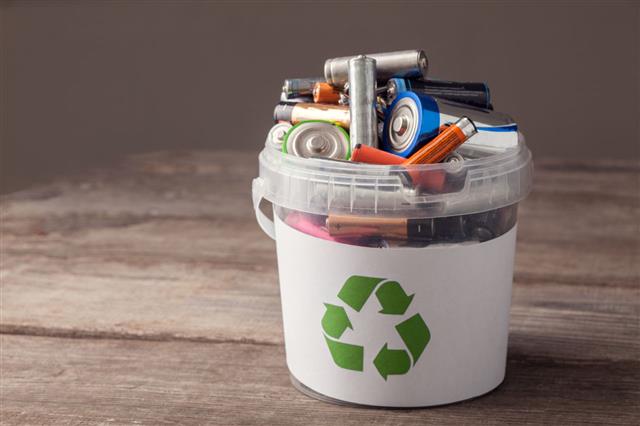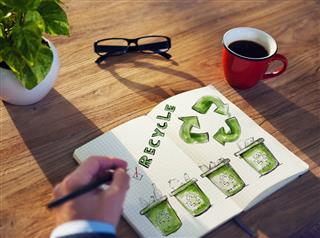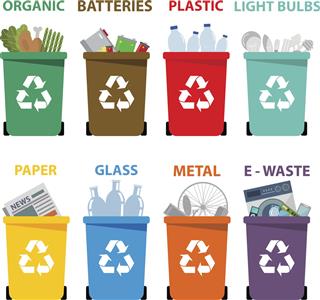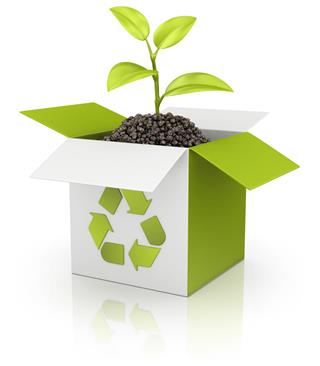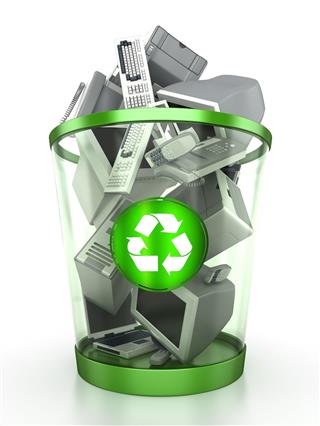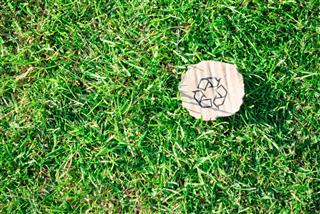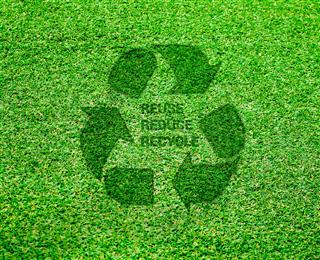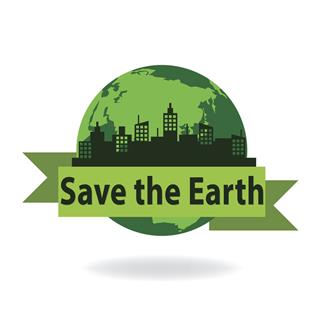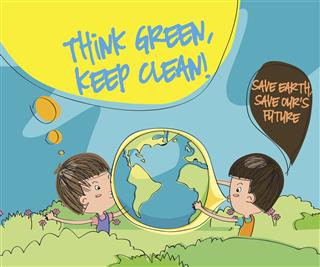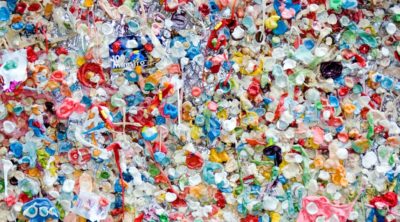
Did you know that you can help the environment in a lot of ways by recycling various materials. Read on to know how it can help protect and preserve the natural resources of our mother Nature.
Before knowing the importance and benefits of recycling and its relation to a better environmental condition, it is essential to understand what is recycling. Recycling refers to the process of collecting used materials which are usually considered as ‘waste’ and reprocessing them. In this process these used materials are sorted and processed to be used as ‘raw materials’ for the production of new products. It varies from ‘reuse’ in the sense that while reuse just means using old products repeatedly, recycling means using the core elements of an old product as raw material to manufacture new goods. Some of the most common items that are recycled are plastic, glass, paper, batteries, aluminum, etc.
Process of Recycling
The recycling process involves three stages. In the first stage, the old products are collected and processed, where they are sorted, cleaned and made ready for recycling or manufacturing new products. The second stage involves the manufacturing of new products from the raw material obtained by the processing of the old products. Finally, the process ends with the purchasing of recycled goods by the consumers. The more people step forward to buy recycled products, the better the success of the process can be ensured. Buying recycled products will only increase when every individual will develop an awareness of the difference that can be made by utilizing their old household objects as raw materials to produce new goods and help the environment by recycling. Let’s now see why is recycling important.
Saves Energy
When new products are manufactured from the raw material obtained from recycled products, it saves a lot of energy which is consumed for production. When new products are manufactured from ‘virgin materials’, the amount of energy consumed is much higher. Besides, the energy required to acquire and transport the ‘virgin’ raw materials from their natural sources is also saved. Add to that the energy which is required to clean and protect the environment from the pollutant waste products, especially those which are non-biodegradable (plastic) and fill up the landfill areas.
Saves Environmental Conditions and Reduces Pollution
Recycling helps in preventing global climate change to a great extent. By minimizing the energy spent on industrial production, it also helps in reducing greenhouse gas emission. Some of the major fossil fuels used in most industries include coal, diesel, gasoline, etc. All these emit harmful gases such as methane, sulfur dioxide, carbon-dioxide to the environment. The processing of fresh raw materials also creates toxic materials which pollute the environment. By reducing the energy used, it also minimizes the amount of fuel usage which in turn reduces the amount of harmful pollutants in the environment.
Saves Natural Resources
We know that recycling involves the processing and usage of core elements of an old product for the production of new products. This helps in saving our natural resources to a great extent. For example, once an old newspaper is recycled we do not need to use the resource of another tree to produce new paper products. This way, proper recycling can help us preserve our natural resources for our future generation and maintain the balance in nature.
Economic Benefits
Similar to energy and natural resources, recycling also helps in saving a lot of expense, required for the production of new products from ‘virgin’ materials. These expenses include the entire production cycle starting from acquiring the raw materials, transferring them from their place of origin to production places, processing and manufacturing costs. It creates employment opportunities for a lot of people, involved in the various stages of the process. This in turn contributes to the economic development of a state or country.
Saves Space for Waste Disposal
Most of the landfill sites are filled up with a lot of waste products that could have been recycled effectively. Some of these waste materials belong to the non-biodegradable category which takes a long time to decompose. Recycling enables proper usage of these waste products and saves space for landfills. The pace with which landfills are getting filled up, soon we might run short of landfills unless we start following recycling at our own home and spread the word to others.
Interesting Recycling Facts
- It is said that every person creates around 4.7 pounds of waste every day.
- In the United States about 33.4% solid waste is recycled, 12.6% is burned in combustion facilities and about 54% is disposed of at a landfill site.
- Recycling an aluminum can preserves enough energy required to run a 100-watt bulb for 20 hours, a computer for 3 hours or a TV for 2 hours. Isn’t it an interesting fact?
- About 125 recycled aluminum cans save up enough energy required to supply power to one home for 1 day.
- Recycled aluminum cans, are ready for reuse in just six weeks!
- An amazing fact about glass is that it never wears out and can be recycled forever. A glass bottle takes approximately 1 million years to decompose in a landfill site.
- A recycled glass bottle can save enough energy to run a computer for 25 minutes.
- Recycled glass containers can save about 9 gallons of fuel.
- Another amazing fact – recycled paper produces less air pollution than if it was made from raw materials.
- Each ton of recycled mixed paper can conserve energy equivalent to around 185 gallons of gasoline.
Recycling is an important step to undertake for preserving our planet by reducing environmental pollution and conserving energy. Hope this article has given you an insight about its benefits.

